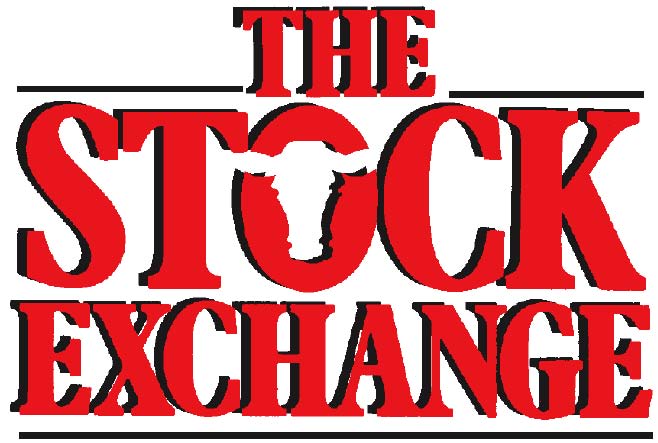Check Your Credit: Program helps Kansans stay on top of their credit reports
Sign up any time for ongoing extension program MANHATTAN, Kan. – We know that it’s a good idea to check what credit reporting bureaus have on file about us to make sure it’s accurate, but it’s easy to forget. K-State Research and Extension has launched a new program to help Kansans stay on top of their credit files. The program will send email reminders about every four months, prompting participants to check their…
